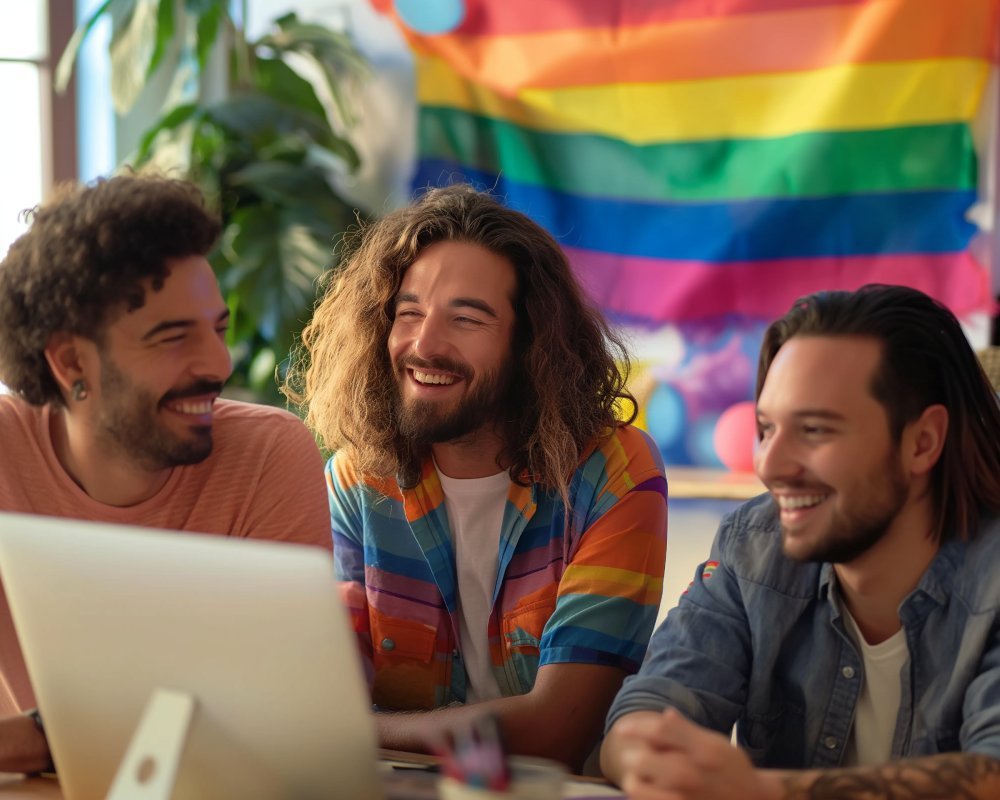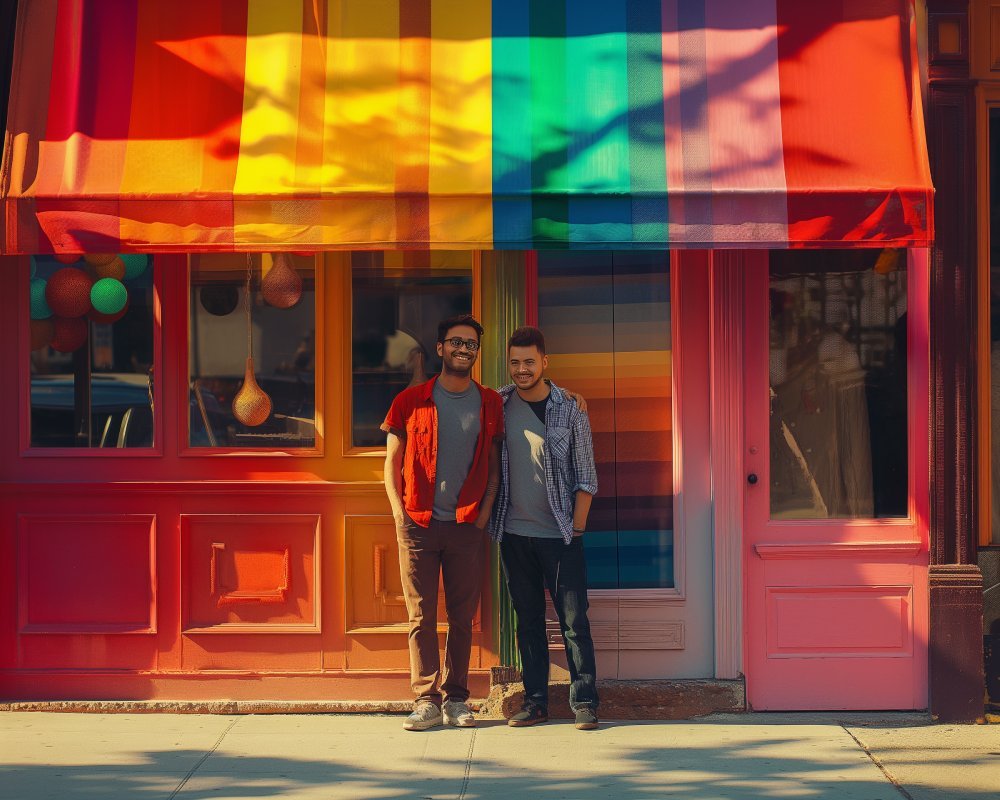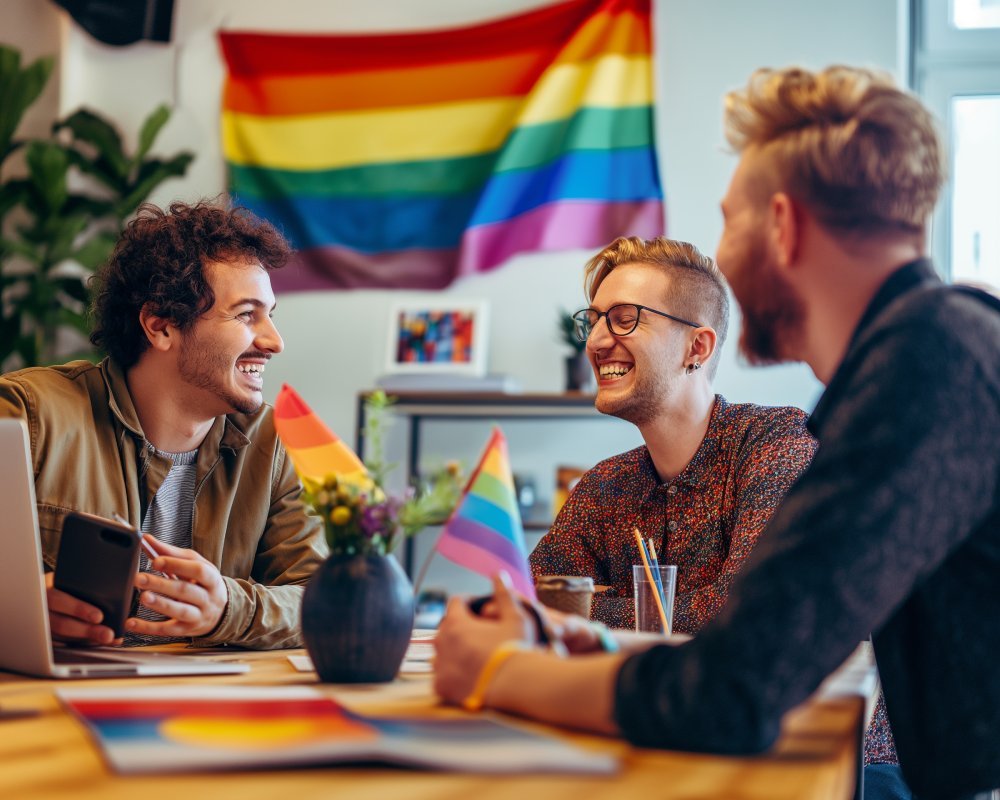
Was Alexander the Great Gay or Bisexual? Exploring the Truth Behind the Legend
One of history’s most celebrated military leaders, Alexander the Great has fascinated scholars, storytellers, and strategists for centuries. But beyond the epic conquests and legendary battles, another question often emerges in modern discussions of his life: Was Alexander the Great gay or bisexual?
This question isn’t just a matter of curiosity—it’s a window into how we interpret ancient sexuality, how LGBTQ+ people seek representation in history, and how cultural lenses affect our understanding of historical figures. In this blog, we’ll explore what ancient sources, modern historians, and cultural contexts tell us about Alexander’s relationships, identity, and the ever-evolving interpretations of his legacy.
Sexuality in Ancient Greece: A Different Worldview
Before diving into Alexander’s personal life, it’s essential to understand how sexuality was viewed in his time. In ancient Greece, sexual relationships between men were common and often accepted, particularly between older and younger males in mentorship or military settings. However, these relationships did not necessarily define a person’s identity the way terms like “gay” or “bisexual” do today.
Labels like “homosexual” or “bisexual” are modern constructs. So when asking “Was Alexander the Great gay or bisexual?”, we must consider that ancient societies didn’t categorize sexuality the same way. Instead, they focused more on social roles, status, and dominance in relationships than on fixed sexual orientation.

Evidence from Historical Sources
Though Alexander never explicitly labeled his sexual orientation—nor would he have had reason to by ancient standards—several historical accounts point to intimate relationships with both men and women.
Advertisement · Scroll to continue
Recommended
1. Hephaestion: The Closest Bond
Perhaps the strongest argument for those who ask, “Was Alexander the Great gay or bisexual?”, is his lifelong relationship with Hephaestion, his childhood friend, general, and confidant. Ancient sources such as Plutarch and Arrian describe their relationship as deeply emotional and potentially romantic.
- Alexander referred to Hephaestion as his “other self” or “soulmate.”
- When Hephaestion died, Alexander’s grief was immense—he refused food, cut his hair, and reportedly ordered a massive funeral pyre rivaling that of a king.
- Some scholars compare their bond to that of Achilles and Patroclus, another famously intimate male pair from Greek mythology.
These elements strongly support the theory that Alexander and Hephaestion shared a romantic or sexual relationship, though we cannot confirm it definitively.

2. Women in Alexander’s Life
Alexander also married multiple women, including Roxana, Stateira II, and Parysatis II. These marriages were often strategic, designed to secure alliances during his empire-building campaigns. That said, there’s historical indication that he cared deeply for Roxana, whom he married for love before conquering Persia.
The presence of both male and female partners adds weight to the idea that Alexander may have been bisexual—if we apply modern terminology to ancient behaviors. Thus, revisiting the question “Was Alexander the Great gay/bisexual?” continues to intrigue historians.
Popular Questions About Alexander’s Sexuality

Advertisement · Scroll to continue
Recommended
Q: Was Alexander the Great gay or bisexual?
There’s no definitive proof, but based on his deep emotional bond with Hephaestion and his relationships with women, many scholars believe that Alexander was likely bisexual—or at least engaged in same-sex relationships as part of his experience. Ancient sources and behaviors suggest fluidity rather than rigid orientation.
Q: Did ancient writers see Alexander as queer?
Not in the way we understand the term today. Ancient writers like Plutarch didn’t view same-sex relationships as “queer,” but they did acknowledge Alexander’s intimacy with Hephaestion, often in glowing and respectful terms. The lack of judgment may actually speak to the cultural norm of the time.

Q: Why does it matter if Alexander was gay or bisexual?
Representation matters. For LGBTQ+ people, seeing historical figures who loved beyond binary norms validates their place in history. The question “Was Alexander the Great gay or bisexual?” isn’t about rewriting the past—it’s about reclaiming what has often been erased or ignored.
The Politics of Remembering: Erasure and Revisionism
Despite the evidence, many mainstream historical narratives have long downplayed or outright ignored Alexander’s potential queerness. Why? Because for centuries, colonial and religious powers sought to sanitize historical figures to align with heteronormative, patriarchal ideals.
Only in recent decades have academics and LGBTQ+ historians begun challenging these sanitized versions. The renewed discussion of “Was Alexander the Great gay or bisexual?” reflects broader efforts to reexamine history with honesty, inclusion, and nuance.

Alexander’s Legacy: A Hero Beyond Labels
Whether he was gay, bisexual, or something else altogether, Alexander the Great’s sexuality is only one part of his legacy—but an important one. His life challenges us to think beyond modern binaries, to see sexuality as complex, and to recognize that LGBTQ+ people have always been part of human history—even at its most epic moments.
The ongoing interest in the question, “Was Alexander the Great gay or bisexual?”, proves that the world is ready to move past erasure and toward a fuller understanding of the past.
Tips for Studying Queer History Respectfully
If you’re interested in learning more about LGBTQ+ historical figures like Alexander, here are a few tips to guide your research:

1. Read Primary Sources with a Critical Eye
Writers like Plutarch, Arrian, and Curtius Rufus offer glimpses into Alexander’s life, but they were also influenced by politics, culture, and time.
2. Avoid Anachronism, But Don’t Avoid Inquiry
It’s okay to ask, “Was Alexander the Great gay or bisexual?”—just recognize that terms like “gay” didn’t exist in his time. Balance curiosity with historical context.

3. Engage with LGBTQ+ Historians
Queer scholars bring invaluable insights and lived experiences to their interpretations. Seek out academic works that center LGBTQ+ perspectives.
4. Challenge Heteronormative Narratives
If a biography of Alexander skips over Hephaestion’s importance or downplays their bond, ask why. What biases are being protected?

Final Thoughts: The Power of Representation in Ancient History
So, was Alexander the Great gay or bisexual? We may never know with absolute certainty. But what we do know is that he loved deeply, formed intimate bonds beyond societal norms, and lived a life that resonates with the LGBTQ+ community to this day.
At Gay Thrive, we celebrate these complex truths and continue advocating for visibility, education, and inclusion—because history belongs to all of us.
Whether conquering empires or defying expectations, queer people have always been here. And so was Alexander.
Advertisement · Scroll to continue

More Recommended
LGBTQ+ Landmarks in Europe You Should See
LGBTQ+ Landmarks in Europe You Should See – Exploring Europe as an LGBTQ+ traveler offers [...]
Is Walmart rolling back DEI?
Is Walmart rolling back DEI? – In recent times, many businesses have been reviewing their [...]
Can You Discriminate Against Gays?
Can You Discriminate Against Gays? The Truth About LGBTQ+ Rights in America In today’s world, [...]
Gay Role Models Who Inspire Us
Gay Role Models Who Inspire Us – Role models play a crucial role in shaping [...]
Pioneering LGBTQ+ Representation: How Gay-Owned Brands are Making a Splash in Marketing
Pioneering LGBTQ+ Representation: How Gay-Owned Brands are Making a Splash in Marketing – to “Pioneering [...]
Why Do Some People Struggle to Accept Gays?
Why Do Some People Struggle to Accept Gays? – In a world where diversity should [...]
The Impact of a Lesbian-Owned Marketing Agency
LGBTQ+ Representation in Advertising: The Impact of a Lesbian-Owned Marketing Agency In today’s digital age, [...]
How to work with LGBTQ clients?
How to work with LGBTQ clients? – Working with LGBTQ clients in today’s diversified market [...]
Strategies to Increase Online Sales for Gay-Owned Brands
Strategies to Increase Online Sales for Gay-Owned Brands – Given the increasing digital presence of [...]